Hearing Diversity

Contributed to CBC Diversity by Thom Barthelmess, youth services manager at the Whatcom County Library System
I’m so pleased to be asked to contribute to the CBC Diversity blog and talk a little about how audiobooks fit into the bigger picture. Much of our conversation about diverse literature for children and teens has focused on books in print, but I ask us to remember that audiobooks have a critical role to play in connecting diverse books to their young audiences. In all kinds of ways audiobooks facilitate, enhance, and sometimes constitute the reading experience, making stories come alive for children and teens in deeper and more profound ways.
We know how important it is to make diverse books available to children and teens, but for some kids that is only the first step. Many young people lack the decoding and fluency skills to unlock the stories contained within these wonderful books. Audiobooks are able to bridge this gap, bringing the stories to life for struggling readers. Jason Reynolds, whose wonderful novel When I Was the Greatest is featured among the Hear Diversity titles, has traveled across the country to talk with young people, including visiting young men in juvenile detention facilities. Listening Library has distributed hundreds of copies of audiobooks to many of these institutions, and Jason talks about hearing from these teens how the availability of the audiobook allowed them entry into a story that would otherwise have been closed to them.
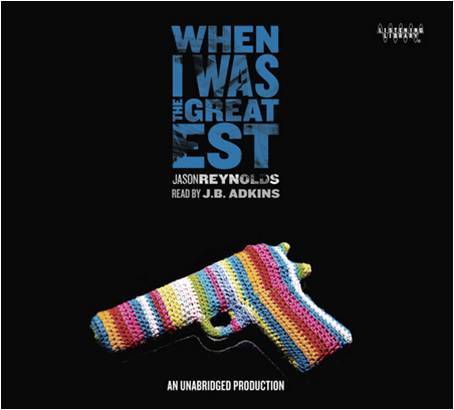
Just as young people need to see themselves in the stories they consume, they need to hear themselves as well. The conscientious casting of talented, representative narrators ensures that what kids hear through the audiobook experience reflects what they hear in their real lives. In his Hear Diversity interview, Jason talks about getting on the train in New York City every day at 3:00 pm, when schools let out, to immerse himself in the real language of teens. In the capable hands (and vocal chords) of J.B. Adkins, that authentic language comes to authentic life. This kind of integrity is important to all listeners; kids need and deserve to hear authentic representations of people from their immediate communities and people they have yet to encounter.
I can remember being a gay teen coming of age in the ‘70s and ‘80s and craving books or stories, or really any kind of cultural expression that reflected who I was. I can’t remember any positive or nuanced representation of gay people, let alone gay young people, and would have devoured anything that reflected me, in any way. At the same time I can remember wanting an identity beyond my (perceived) sexuality. I didn’t want to be the freak or the pervert. I wanted my peers to know that we were more the same than different, that I was really just like them.
The power of diverse books, and diverse collections, is that they can support kids today, and tomorrow, in both of these ways. Individually, diverse stories testify to the glory of our unique identities. And in the aggregate, common themes and experiences resonate to remind us that there is a great deal that we share. I’m really proud of the way Listening Library’s Hear Diversity campaign speaks to both of these ideas.
I hope you’ll take a look at www.heardiversity.com, think about how audiobooks might help you get diverse stories to the young people in your lives, and listen to Jason share his perspectives; he is a force and a light.
Below are just a few ways you can take action:
1) Take a look at your audiobook collections with an eye to diversity. How well do they reflect your immediate community and the broader world? And dig deep. Look at every level, every format, every location.
2) Include diverse audio titles wherever books are told. Bring them along when you booktalk at the local high school. Think ahead about the technology you’ll need to play a sample or two. Add them to the booklists you use to recommend titles to your patrons. When you link to a title in your catalog, link to the audiobook format. Put them in your book displays. It’s great to include both the print and audio title, so interested kids might check out both.
3) Listen yourself! Listening to a broad, diverse variety of audiobooks will make it easier to connect young people to wonderful, meaningful audiobooks. It will also make it easier to remember just how transformative a great audiobook experience can be. I’ve already told you how much I admire When I Was the Greatest. Here are a couple of my other favorite titles, if you’re looking for a place to begin:
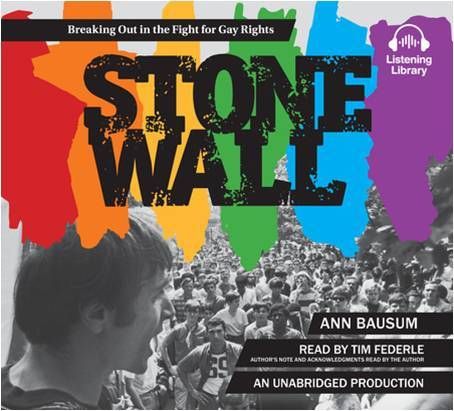
Stonewall, written by Ann Bausum, read by Tim Federle
The War That Saved My Life, written by Kimberley Brubaker Bradley, read by Jayne Entwistle
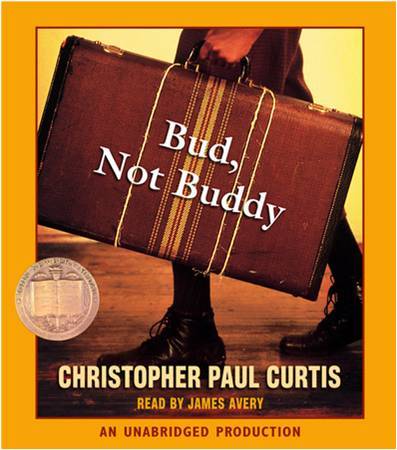
Bud, Not Buddy, written by Christopher Paul Curtis, read by James Avery
If I Ever Get Out of Here, written and read by Eric Gansworth
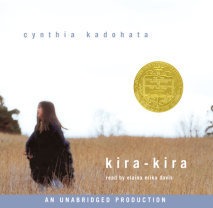
Kira-Kira, written by Cynthia Kadohata, read by Elaina Erika Davis
Happy listening!

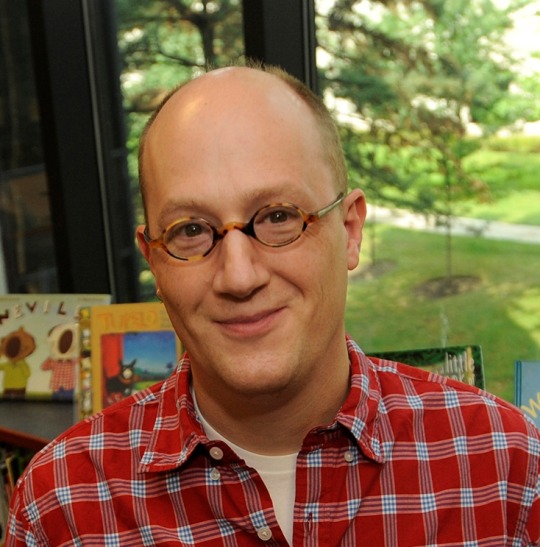
Thom Barthelmess is the Youth Services Manager at the Whatcom County Library System in northwest Washington State.

